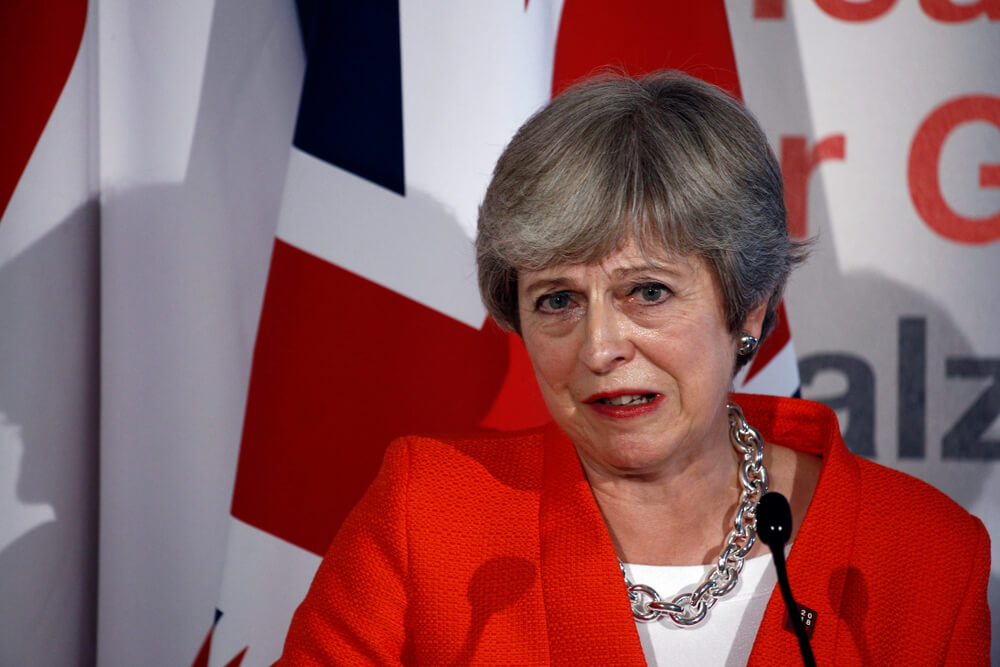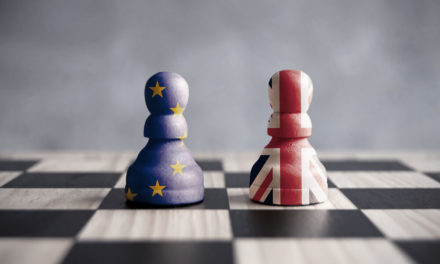U.K. Prime Minister Theresa May was starting a frantic two-week race Monday to convince the British public, and a skeptical Parliament, to back the Brexit deal she has struck with the European Union.
May was gathering her Cabinet for a meeting hours after returning from Brussels with the divorce agreement approved by the 27 other EU leaders. She plans to address lawmakers in the House of Commons later in the day.
The deal needs to be approved by Parliament, but scores of legislators — from both the opposition and May’s governing Conservative Party — say they will oppose it.
May aims to convince them that the deal “honors the referendum” in 2016 that saw Britain vote to leave the EU.
She argues that the British people are sick of endless debates about Brexit, and backing the deal will allow “us to come together again as a country whichever way we voted.”
Parliament’s vote is due before Christmas, likely the week of Dec. 10.
Brexit Secretary Stephen Barclay conceded that “it’s going to be a challenging vote.” But he said Britain would be in “choppy waters” if the deal was rejected.
Rejection by Parliament would plunge Britain into a political crisis just weeks before it is due to leave the EU on March 29.
Both Britain and the EU are adamant that the U.K. can’t renegotiate the deal, struck after 18 months of tense negotiations. May says “it is the best possible deal. It is the only deal.”
That hasn’t stopped pro-Brexit campaigners pushing for a cleaner break from the bloc, and pro-EU activists trying to stop Britain leaving at all.
On Monday, a European court threw out a challenge from 13 Britons living in other EU nations seeking the annulment of the Brexit negotiations.
The 13 said they were not allowed to vote in the 2016 referendum because they were living abroad and said their court case was the only way to avoid losing EU citizenship when Britain l.
The EU general court said that the opening of the Brexit negotiations had no direct impact on their situation.
© The Associated Press. All rights reserved.




